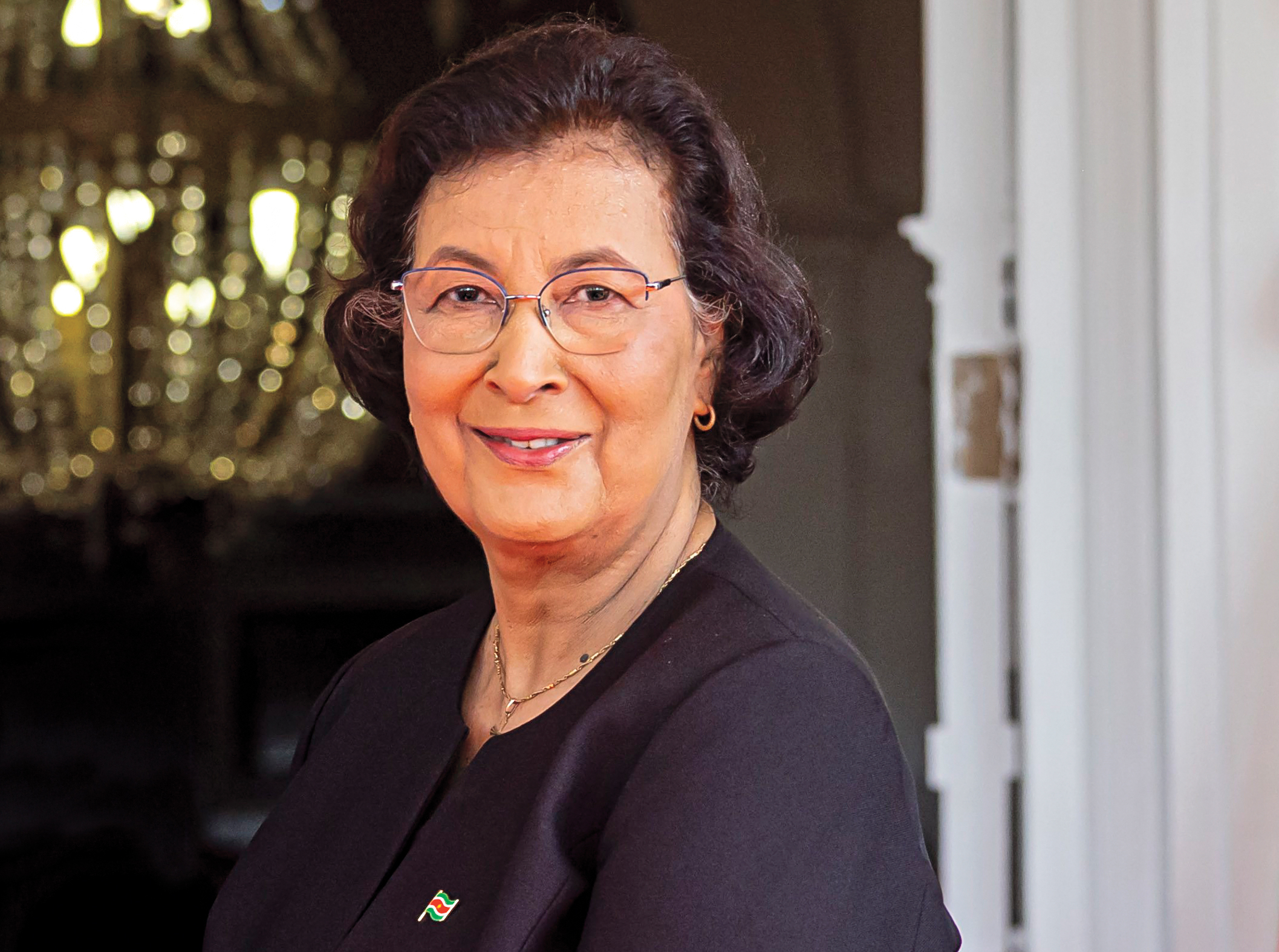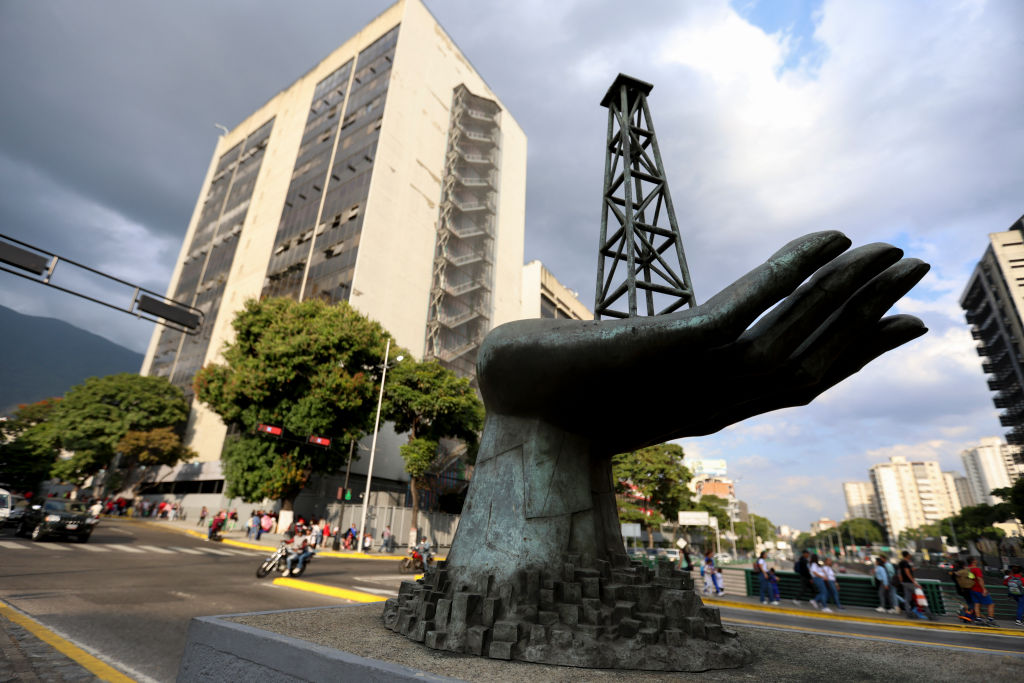Tapping the Tupi Oil Field
Tapping the Tupi Oil Field
A discovery of oil reserves could bring Brazil into the fold of the world's major oil exporters, but challenges lie ahead. A hemispheric update examines the Brazilian model of energy security. Panelists at an AS/COA conference in São Paulo discussed Brazil’s goals for boosting its energy supply.
Brazil’s discovery of massive oil reserves could turn the country from a minor to major oil exporter within a decade. On November 8, state-owned Petroleo Brasileiro SA (Petrobras) announced discovery of as much as 8 million barrels of oil and natural gas in the Tupi field (map), making the find the second largest oil field discovery in twenty years. Petrobras predicts the find could boost Brazil’s current level of reserves by more than 50 percent. The size of the reservoir, where Britain’s BG Group Plc and Portugal's Galp Energia SGPS SA are partners, would nearly match Norway’s 8.5 million barrels of reserves. Dilma Rousseff, Brazilian President Luiz Inacio Lula de Silva’s chief of staff, says Brazil’s reserves could match those of Venezuela or Nigeria.
News of the discovery off the coast of Rio de Janeiro came just before Lula’s trip to the Ibero-American summit in Santiago and the president speculated that Brazil could join the Organization of Petroleum Exporting Counries (OPEC). If it does so, Brazil would become the third South American member, joining Ecuador and founding member Venezuela. Brazilian Defense Minister also said the discovery supported his country’s recent decision to increase its military budget and said the a nuclear submarine would be necessary to protect offshore platforms and the “large natural source of wealth.”
Tapping the Tupi field will be no small feat. The ultra-deep reservoir sits under some 3,000 meters of sand and rocks as well as salt layer 2,000 meters thick, and the first test well could cost as much as $240 million. Cost could become a major problem, particularly if, in the coming years, oil prices sink from the current record levels. Petrobras says it plans to start pumping the field by 2011, but some experts point to delays on the company’s other major projects as signs the wait could be longer. Moreover, debate will likely arise in Brasilia over whether the country should hurry to begin major exporting or save reserves for domestic use.
In spite of these obstacles, Brazil’s economy will get a lift from the oil find, reports the Economist, which says the discovery could also offset the regional influence of President Hugo Chavez of oil-rich Venezuela. A Financial Times editorial suggests U.S. President George Bush—and his successor—should enhance ties with the potential new oil power by reducing tariffs on Brazilian ethanol imports.
An AS/COA hemispheric update takes a looks at Brazil as a model for promoting energy security. Panelists at an August AS/COA Latin American Cities Conference in São Paulo discussed Brazil’s goals for expanding its energy supply, including plans for new oil refineries.








